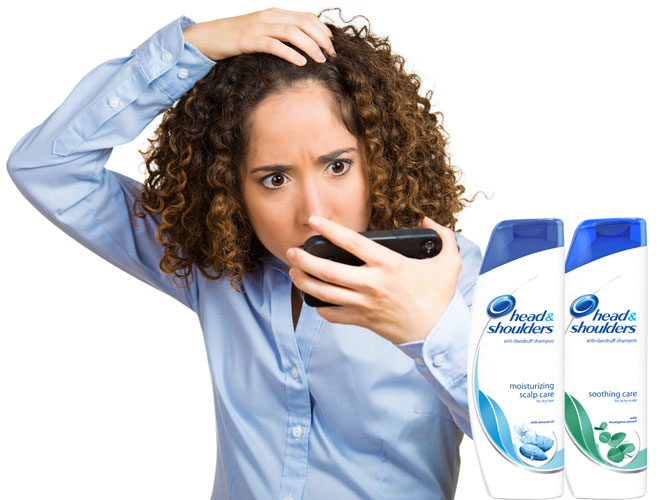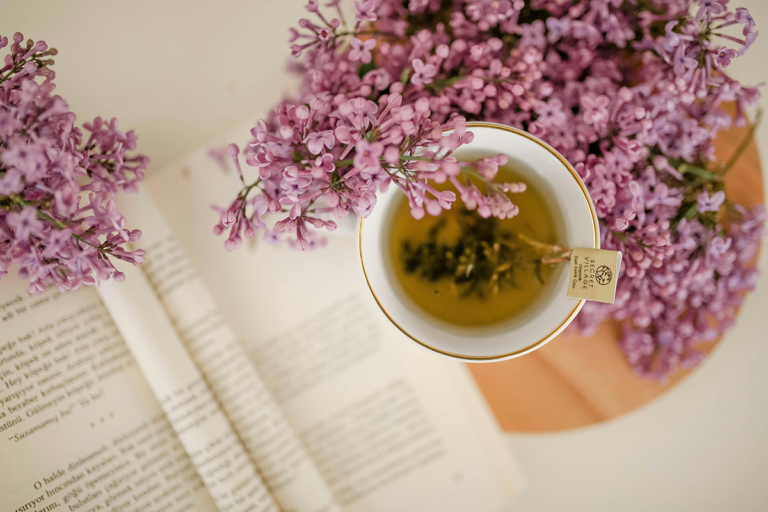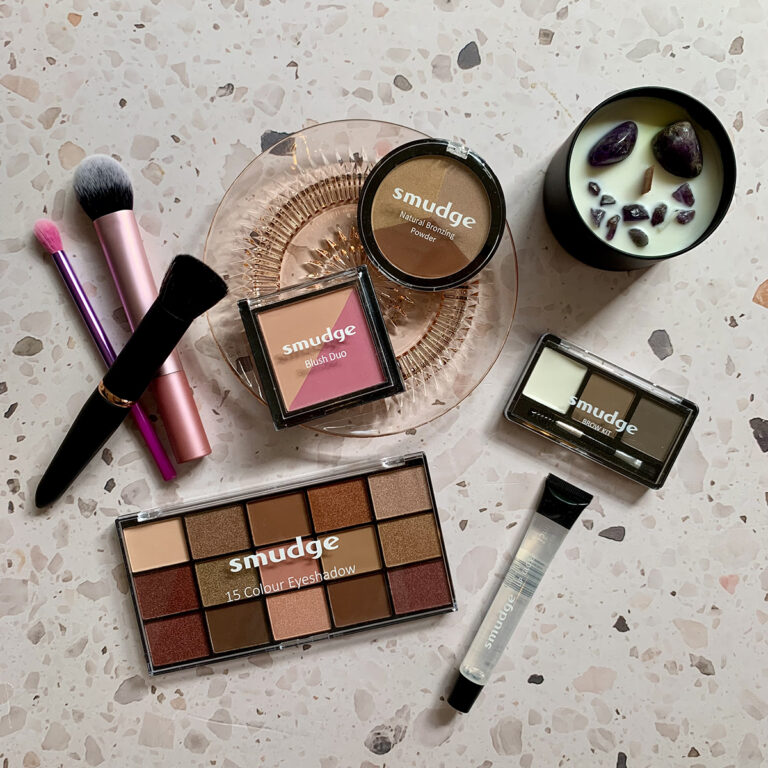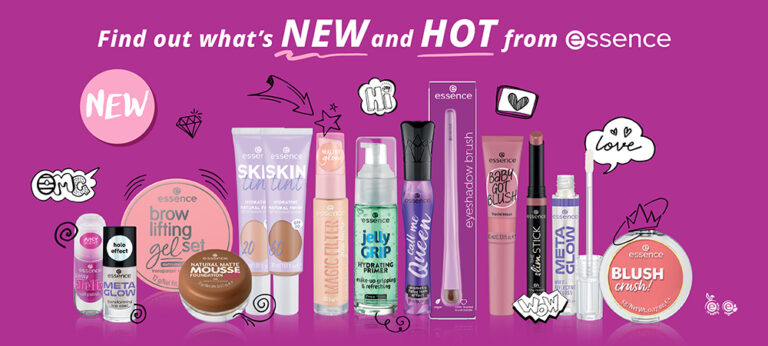Dandruff and flaky scalp have been confused for one another many times. Because they’re similar, it’s not always easy to tell which is which, so we’ve asked Dr John Gray, a trichologist for P&G, to give us his expert tips on how to differentiate between the two, as well as some advice on how to treat them.
1. What is trichology?
Trichology is a branch of dermatology that looks specifically at the health of hair and scalp
2. Is there a difference between dandruff and flaky scalp and their causes?
Yes, dandruff is more than visible flakes. We at Head & Shoulders are working hard to dispel the myth that dandruff is only visible flakes. The truth is that flakes, one sign of an unhealthy scalp, are a result of the body’s natural reaction to Malassezia globosa (M. globosa). Unlike a dry scalp, dandruff is caused by a fungus that lives on the scalp of 100 percent of the adult population. These dry flakes are also not always as a result of dandruff. Sometimes dry flakes can be attributed to a dry scalp. A dry scalp is more often than not caused by dehydration and over-shedding of the scalp. This dehydration is caused by using cheaper shampoos and conditioners which tend to remove the natural oils from the scalp. Frequently washing your hair and styling may also lead to a dry scalp. Dandruff is often as a result of overproduction of sebum and poorer hygiene routines – it does however differ from person to person.
3. Can you explain the symptoms of each?
Common dandruff symptoms: Itching scalp, visible flakes, oily hair and sometimes redness or itching on the scalp.
Common dry scalp symptoms: Dryness also causes itching and often visible flakes.
4. What is the best way of treating these conditions?
Our hair is one of our defining features. I would strongly advise to always maintain a healthy scalp and hair, which is far more than just washing your hair. There’s a technique for dry scalps, one for itchy scalps and one for sensitive scalps. Each will revitalise and invigorate you. In each case, ensure your shower isn’t too hot – i.e., when you stand under it, your skin doesn’t turn pink. When you’re done, gently pat your hair dry – when it’s wet it’s more prone to breaking.
· Dry scalp: massage shampoo gently into your hair and scalp for two minutes. Make circular movements with the pads of your fingers. Concentrate on the centre of the hairline on the forehead, the point slightly above the tops of your ears and your temples. These are the areas of your head that help you relax. Try Head & Shoulders Moisturising Scalp care shampoo and conditioner (R42.99 each).
· Itchy scalp: massage shampoo gently into your hair. Begin rubbing your scalp, starting from behind your ears up to the top of your head, and then from the front of your hairline right to the back. Concentrate on breaking down muscle tension. Not only is this relaxing, but it increases the circulation needed to bring oxygen to your scalp and brain. To finish, stroke your head several times from the front to the back of your scalp. It’s a stimulating exercise that leaves your scalp feeling satisfied.
· Sensitive scalp: For this ritual move your fingertips from your hairline to the top of your head using only slight pressure. Pinch your scalp quickly and lightly as you do so and massage lightly and rhythmically. For pressure points that revitalise the scalp, concentrate on the crown and temples. You can reduce fatigue in your neck and shoulders by firmly massaging the occipital bone. This is the area on the back of the scalp – to find it, trace a line from the top of your ears to the back of the head. It’s where your fingers meet. Try Head & Shoulders Sensitive Scalp care shampoo (R42.99).
5. What are the signs one should look out for?
Be on the look-out for the most common symptoms such as; visible flakes, itching and inflamed scalp. If you are uncertain and if it persists even when using the correct shampoo and conditioner, then I would advise that you consult a doctor.
6. Are they both curable or will you be stuck with them throughout your life?
They are treatable by using the correct products and treatments.
7. Does diet and healthy living play a part in these conditions?
Yes, you should have a holistic regime, especially in today’s environment.
8. What product ingredients should one look for?
There are so many ingredients out there but I would recommend looking out for Head & Shoulders’ proprietary pyrithione zinc (ZPT) and hydra-mineral formula is an effective tool to control the growth and spread of M. globosa, helping to eliminate the fungus and ultimately promote a healthy scalp and great-looking hair.
9. Would a clarifying shampoo help in these conditions?
Clarifying shampoos help with product build-up which in a sense might help clear the irritated scalp of this build-up, but in general if you do have a dandruff then I would suggest using an anti-dandruff shampoo until it is under control.
Other articles you may be interested in:
Dandruff Q & A
Defy dandruff
How to deal with a dry scalp
Hair oils, glorious hair oils
Getting your hair type right






7 Responses
I love this article.
I love the tips on the itchy scalp. Especially in winter a dry itchy scalp drives me crazy!
I’ve thought I had dandruff for years but couldn’t understand why I only got it in winter, until my hairdresser explained that I have a dry scalp and winter makes it more difficult for me. So she got me to change to a Kerastase shampoo to target dry scalps and now the flakiness is no longer an issue for me in winter.
Thank you very much. I do have problems with dandruff and your article has helped me to understand more on how to deal with my problem.
Head and Shoulders is what I use before braiding my hair…. It prevents my hair from being itchy while I have braids.
hean and shoulders leaves my hair greasy even only a few hours after a wash
I had always assumed that dry scalp and dandruff where interchangeable terms. Its good to know that they are two separate issues and “curable”!